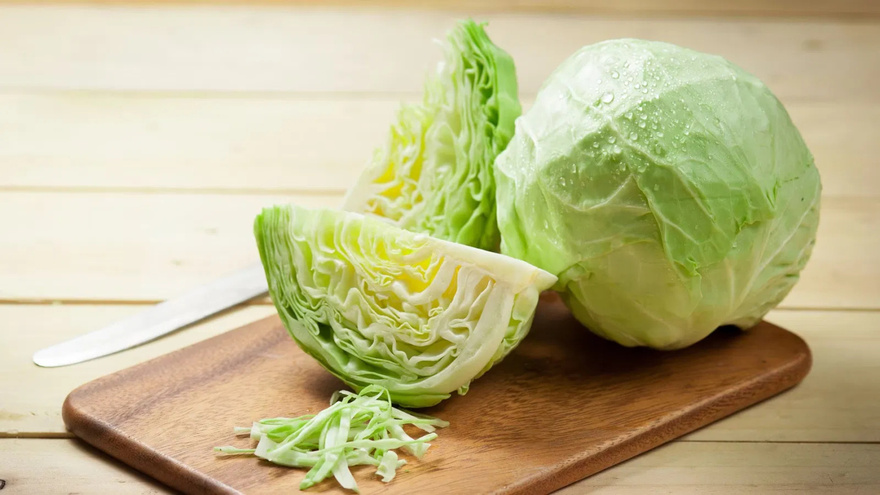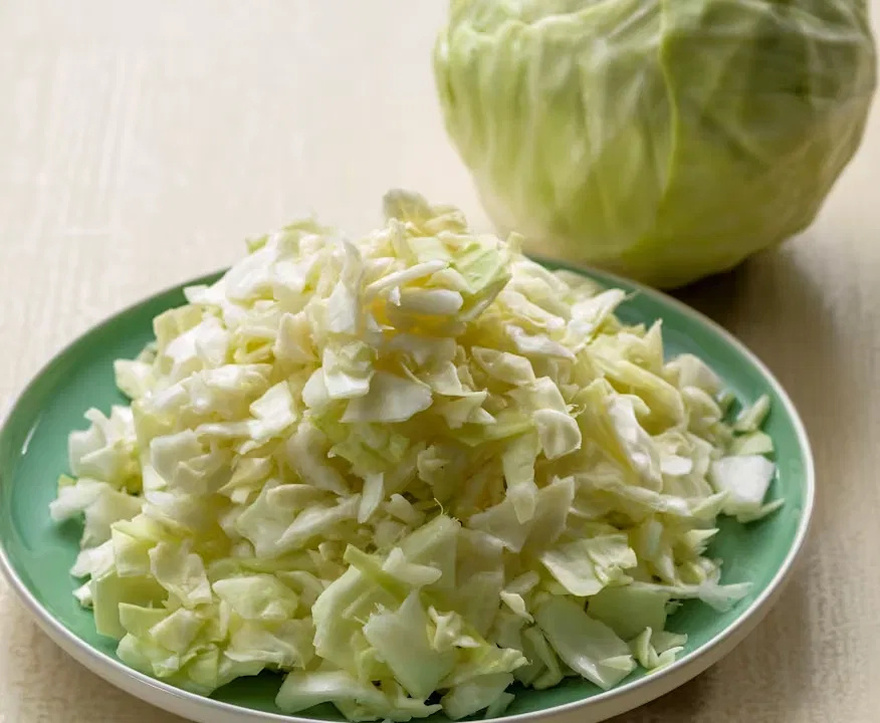Cabbage has long held a beloved spot in our kitchens—simple to cook, easy on the wallet, and full of nutritional value. But behind its crunchy green layers lies a lesser-known fact: for some individuals, cabbage isn’t always the healthiest choice.
So, who should be cautious? And how can such a widely enjoyed vegetable become a potential concern? Let’s unpack the answers—you may be surprised.
Why Is Cabbage So Widely Used?
Cabbage is to home cooking what the baguette is to bakeries: a daily go-to. Rich in vitamins A, B, C, E, and even P, it supports everything from vascular health and nervous system function to metabolic balance. And with its low calorie count, cabbage is a favorite among those looking to maintain a healthy weight while still enjoying satisfying meals.
Cabbage dishes, particularly warm and hearty soups, are especially popular in colder months. Still, even this reliable kitchen companion has its limitations.

When Cabbage Might Not Be the Best Choice
1. People With Thyroid Conditions
Picture the thyroid as your body’s internal conductor, guiding essential processes. Cabbage contains a compound called goitrin, which may interfere with this delicate balance by contributing to thyroid gland enlargement.
If you have thyroid issues, especially goiter, approach cabbage with care. Want to keep it in your diet? Soaking the leaves in salted water for 10–15 minutes and chopping them finely can help lower goitrin levels.
2. People With Digestive Sensitivities
Cabbage’s high fiber content makes it excellent for keeping things moving in your digestive tract. But for those with gastrointestinal issues, like irritable bowel or ongoing diarrhea, it can worsen symptoms and cause discomfort.
In these cases, gentler alternatives like steamed zucchini or soft-cooked carrots are a better choice.
3. People Prone to Allergies or Eye Irritation
When you think of allergies, pollen might come to mind, but cabbage, particularly when fermented or pickled, can also trigger allergic responses. Symptoms might include itching, watery eyes, sneezing, or even eye bleeding (subconjunctival hemorrhages).
This is due to the natural histamines cabbage contains. If you’re sensitive to histamines or have had allergic eye issues before, cabbage may not be your friend.

4. People With Kidney Problems
Cabbage might seem harmless, but it contains oxalic acid—a substance that can bind with minerals like calcium and form kidney stones.
If you’ve had kidney stones before or live with kidney disease, consult your doctor before adding cabbage to your meals. Cooking cabbage thoroughly and cutting it into small pieces can help reduce the risks.
Final Thoughts
Cabbage is undoubtedly a nutritional powerhouse, but it’s not universally beneficial. For some, the key lies in moderation, mindful preparation, or avoiding it altogether.
Ultimately, balance and body awareness are crucial. With the right approach, you can enjoy your next helping of cabbage safely and deliciously.






























